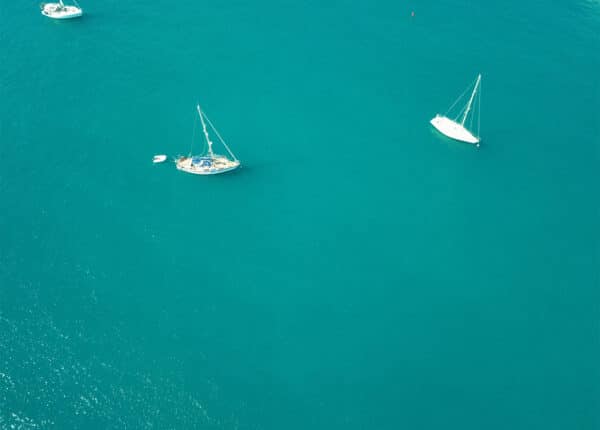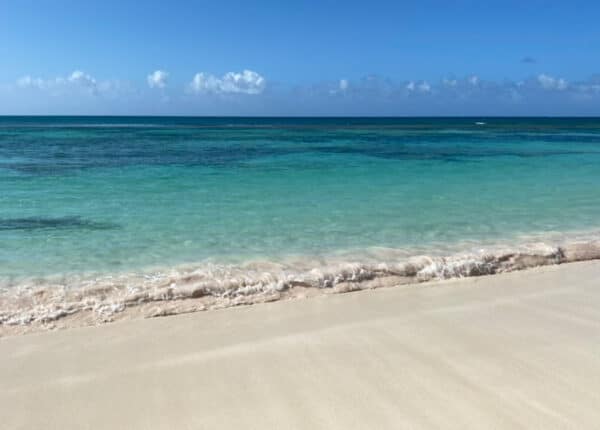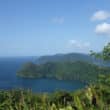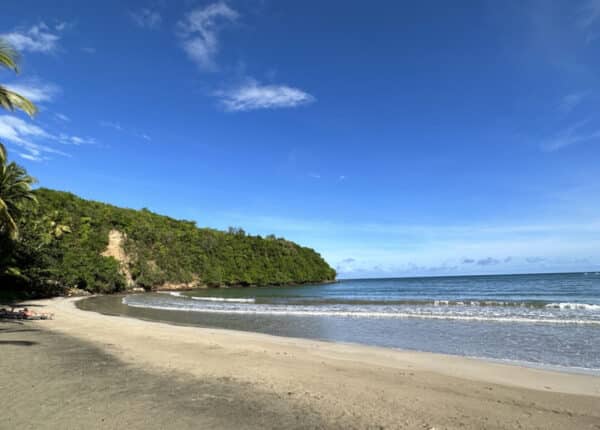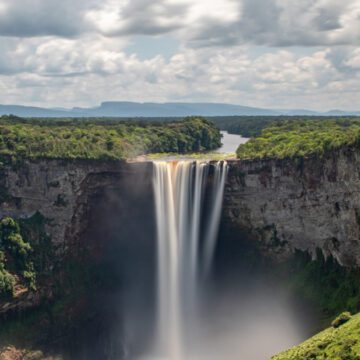Author Maggie Harris, whose 1999 poetry collection, “Limbolands,” won the Guyana Prize for Literature, has returned to the place of her childhood with “Kiskadee Girl,” published by Kingston University Press, a memoir of her time growing up in Guyana. Caribbean Journal talked to Harris about what motivated the book, the importance of music in Guyana and in her work and how she helped Haitian earthquake victims with a poetry collection, 60 Poems for Haiti.
What made you decide to write this book?
Well, I always used to write, even as a child. And when I was going to creative writing classes back in the 1980s, I started writing something then, but I didn’t really develop it, because I got into writing poetry, and performing poetry, for a number of years. But it was always on the backburner. And then I thought, right about in 2004, that I’ll have a good go, and kind of work at it, and I applied for an Arts Council writing grant. And they gave me some money to try and sit down spending some time doing it. So the reason behind it – living in England, having come over here when I was 17, and I’ve got children who are grown up now, and I wanted them to know a little bit about my background. I thought it would be quite important for children whose parents have come from the Caribbean – maybe they can hear a bit of the story.
What was it like growing up in Guyana at that time?
It was very protected in some ways. Because our parents were very strict, and the society was very strict at that time. Children adhered a lot to their parents, and lots of people went to church, so we weren’t allowed to do lots of things. You’d have to ask if you can go to this, if you can go and visit this person. It wasn’t like today when children can go where and with whom that they want. It was very happy, apart from that, and very structured. We went to school, we went to Sunday school, had lots of friends, which was lovely, and a very kind of outdoorsy life as well because of the weather. So you’d spend a lot of time playing in the yard, going to the movies, and it’s only when you really get older that you realize the politics behind colonialism, when you start going to high school. All of that history didn’t really impact on us.
Music plays a role in the book. How much did it mean for you growing up in the Caribbean?
Music is a real motivating part in my life. Even now. My dad used to work on the river – he was a captain of a tugboat, involved in the bauxite industry. And he used to play guitar, so we always had people coming on the front steps, and he’s play his guitar, and play the blues, and bits and pieces of the calypso, that sort of music. So we grew up hearing that, and when people came around and put the calypso on, they’d dance and party, and Guyanese really used to like partying in those days. It changed as I got older, because the pop music started coming over the radio, and radio was a really big thing. It had a really big impact on people, because we didn’t have TV. So a lot of your information about the outside world, apart from school, came from movies and through the radio – so all the pop music – Rolling Stones, Sly and the Family Stone, that was the sort of music I started listening to.
What kind of impact did reggae have?
Before that they had the ska and the rocksteady, and we started going out to dances, and reggae came in, and it really started impacting things. When we went to parties, people always had records – a lot of the stuff was imported then, and sometimes people would fly to Jamaica and get the records. So it really took off. Music and dancing stayed really important for me, and a lot of my work has involved music.
Have you returned to Guyana since you left?
I went back many years ago – a really long time ago. It was 1978 – quite a long time. Because I got married, I had children, and Guyana was going through some really bad times at that time, the late 1970s and early 1980s. So I never really got the chance to go back. But I’m hoping that it will be in the cards in the near future.
What do you think about the current state of Caribbean literature?
I think it’s very exciting. Funnily enough, when we went to school, we did a lot of English literature – all the Shakespeare and everything, and it wasn’t until I actually went to university and was a mature student that I really studied Caribbean literature, and it really excited me so much. I got a scholarship to go to Barbados for some original research in 1999, because I was very interested in black performance and poetry in the UK, and how that linked in to Caribbean literature. I made the link to poetry in Barbados, which was really interesting.
Talk about your work with 60 Poems for Haiti.
After the earthquake, you think, my god, what can I do. I thought, well, I always like putting things together, and I thought, let me organize an event with the people I know, the poets and the musicians, and see if we can raise the money. That’s how it started. And then a friend said, “why don’t you do a proper book, and I’ll give you the money to pay for the production?” And my publisher and I talked about putting it together, editing, and basically I got in touch with some of the poets I know and whose work I like, and we got these poets together, and published it and had a big conference where we had some of the poets.
What are you working on right now?
I’m working to promote Kiskadee Girl, telling people about the book, and doing some readings. But apart from that, I’m also doing a performance piece with some other woman poets, and a dancer, who’s my daughter, and we’ve got a show called “Daughters” which we’re doing a few performances of to kind of lift the literature off of the page. So it’s music and dance, and it’s a different way you can perform poetry to make it more like drama.
–CJ
